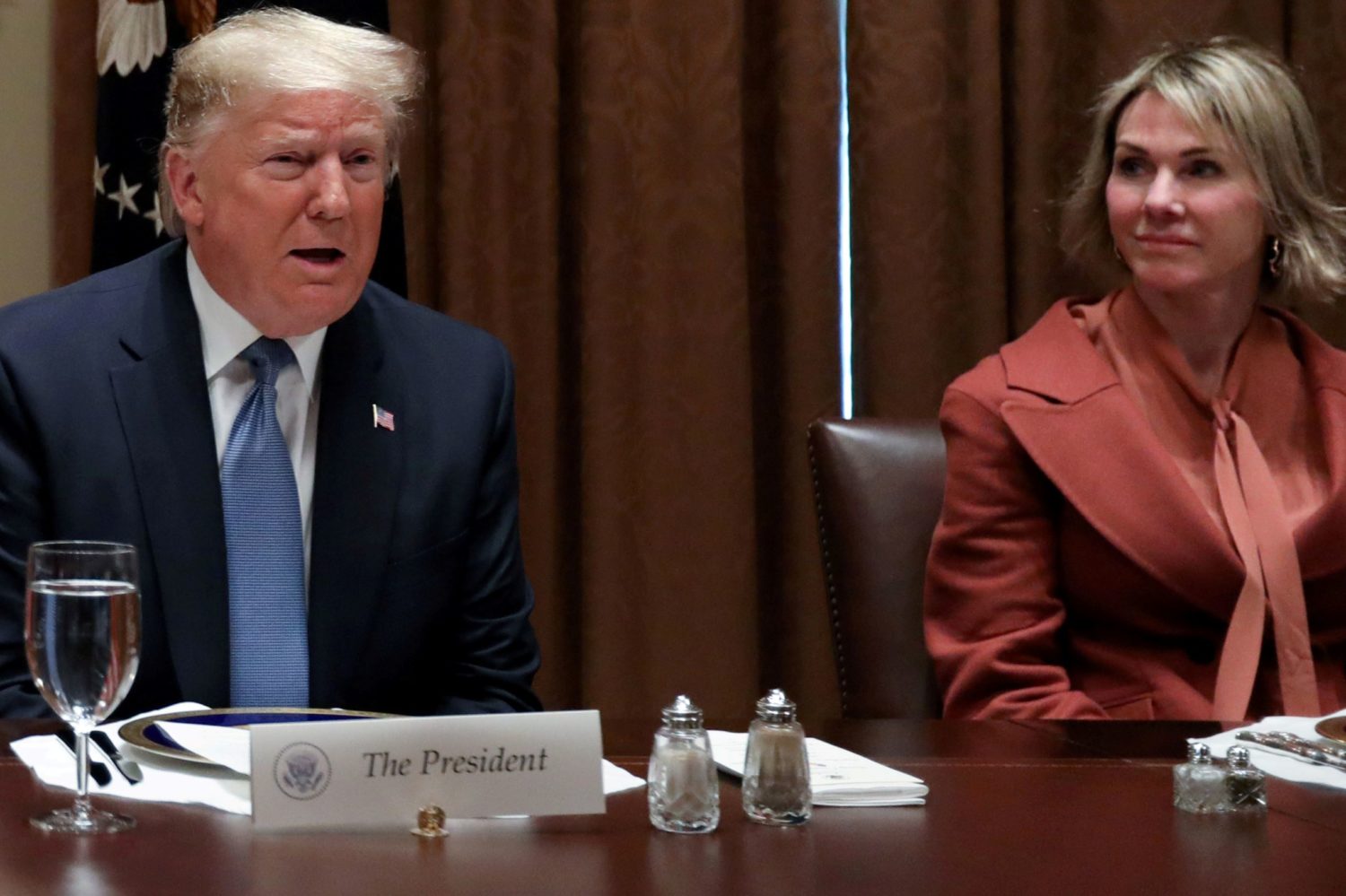By Matt Spetalnick and Jane Chung
WASHINGTON/SEOUL (Reuters) – The United States warned North Korea on Thursday against any resumption of “unfortunate ill-advised behavior” after Pyongyang raised international concerns by setting an end-of-year deadline for Washington to reconsider its diplomatic approach.
Assistant Secretary of State David Stilwell said that “we have heard threats before,” when asked whether Washington was concerned about a return to long-range missile tests by North Korea, which has vowed to take an unspecified “new path” if the United States is not more flexible in stalled nuclear talks.
North Korea said earlier on Thursday the United States had nothing to offer it in possible renewed talks aimed at getting Pyongyang to give up its nuclear and missile programs, a day after Washington said it was ready to take “concrete steps” toward securing a deal.
It criticized the United States for convening a U.N. Security Council meeting on Wednesday, calling it a “foolish thing” that would help Pyongyang make a clear decision on which path it would take.
“The U.S. talks about dialogue, whenever it opens its mouth, but it is too natural that the U.S. has nothing to present before us though dialogue may open,” a North Korean Foreign Ministry representative said in a statement carried by the state news agency, KCNA.
The 15-member Security Council met on Wednesday as concerns grow internationally that North Korea could restart ICBM test launches suspended since 2017, because denuclearization talks between Pyongyang and Washington have stalled.
Pyongyang has conducted a recent series of weapons tests and resumed personal insults against U.S. President Donald Trump, stirring fears the two countries could return to a collision course, as they were before Trump and North Korean leader Kim Jong Un held their first summit last year.
Speaking at a think tank event in Washington on Thursday, Stilwell suggested it was unclear “whether they actually carry out those threats in light of where the president has said he wants to go.””He wants to work with North Korea. He wants to help build their economy. But there’s also the reminder that you can’t have any more of this unfortunate ill-advised behavior,” Stilwell said.
‘CONCRETE STEPS’
The U.S. envoy to the United Nations, Kelly Craft, said on Wednesday the United States was ready “to simultaneously take concrete steps” toward a deal on North Korea’s nuclear and missile programs but that the Security Council must be prepared to respond to any provocations.
“The U.S. talked about a ‘corresponding measure’ in the meeting. However, as we already declared, we have nothing to lose more and we are ready to take a countermeasure corresponding to anything that the U.S. opts for,” the Foreign Ministry representative said.
North Korea also defended its right to missile and weapons tests, while calling the United States “bandit-like” in the statement.
The U.S. special representative for North Korea, Stephen Biegun, is expected to visit Seoul next week to meet South Korean officials, leading to speculation he could try to salvage talks by reaching out to North Korea ahead of the deadline.
China’s U.N. ambassador, Zhang Jun, said on Wednesday it was imperative the Security Council ease sanctions on North Korea in a bid to support talks between Pyongyang and Washington and “head off a dramatic reversal” of the situation.
(Reporting by Matt Spetalnick, Jane Chung, Sangmi Cha and Josh Smith; Editing by Angus MacSwan and Peter Cooney)











